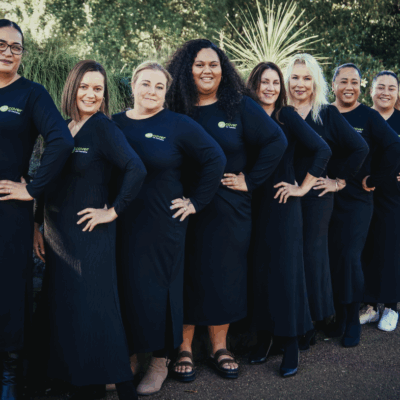Bosses key to reducing workplace “carnage”
Despite New Zealand’s abysmal record on workplace health and safety, some Kiwi companies are dramatically reducing injuries at work, says the Executive Director of the Business Leaders’ Health and Safety Forum Julian Hughes.
“These companies show what is possible when the chief executive gets involved in safety.”
747
Despite New Zealand’s abysmal record on workplace health and safety, some Kiwi companies are dramatically reducing injuries at work, says the Executive Director of the Business Leaders’ Health and Safety Forum Julian Hughes.
“These companies show what is possible when the chief executive gets involved in safety.”
A report by the Independent Taskforce on Workplace Health and Safety, due for release today, reportedly says the number of people harmed at work each year in New Zealand would fill Eden Park four times. It is roughly twice as dangerous to work in New Zealand as Australia, and almost four times as dangerous as working in Britain.
However, Mr Hughes says case studies involving Forum members show some companies are bucking this trend and have significantly reduced serious injuries at work, in some cases almost to zero.
“For example, Coca-Cola Amatil cut its lost time injury frequency rate (LTIFR) from 15.2 in 2009 to 5.3 in 2011. Refining NZ reduced its already low LTIFR of 2.68 in 2007 to a rolling average of zero in 2011.”
LTIFR is the most commonly used measure of injuries at work.
“These companies show us that it is possible to reduce the risk of people being killed or injured at work, and that injuries aren’t an inevitable part of doing business.”
The case studies shed light on what is required to lift safety performance, he says.
“A common feature of these companies is that the chief executive leads health and safety in their organisation, they don’t leave it to others. They set the example and expect others to follow.
“These chief executives are as interested and involved in health and safety as they are in production, sales and finance. They will not compromise safety over production pressures and they make safety an integral part of their business.
“Most importantly, these leaders recognise that health and safety requires ongoing and constant effort. Safety is one of the most difficult things a leader does, and for some of them a tragedy in the workplace is an ever-present threat.”
Hughes says the Business Leaders’ Health and Safety Forum brings successful safety leaders together with others who aspire to achieve a similar performance. The Forum has about 100 members, including chief executives and managing directors from many of New Zealand’s largest companies.
“The Forum is based on the understanding that business leaders have a huge influence on health and safety, and that by working together, sharing our experiences and using our influence we can improve New Zealand’s poor safety performance.”
Launched by Prime Minister John Key in 2010, the Forum is chaired by Rob Jager, who is also chair of the Taskforce.
Copies of case studies are available at: www.zeroharm.org.nz/case-studies/index.html.





